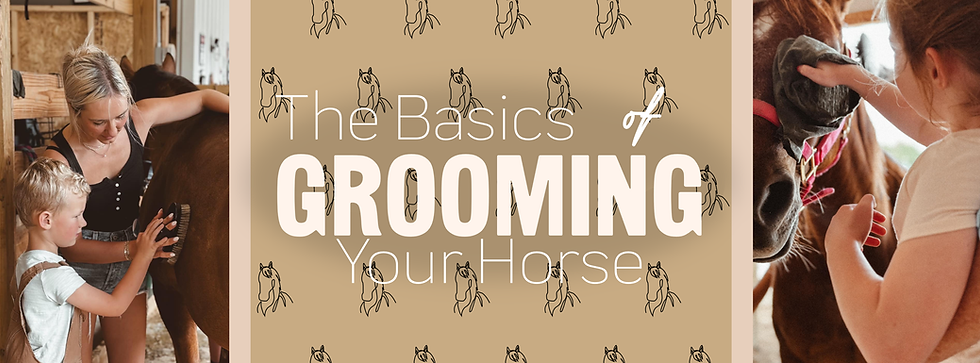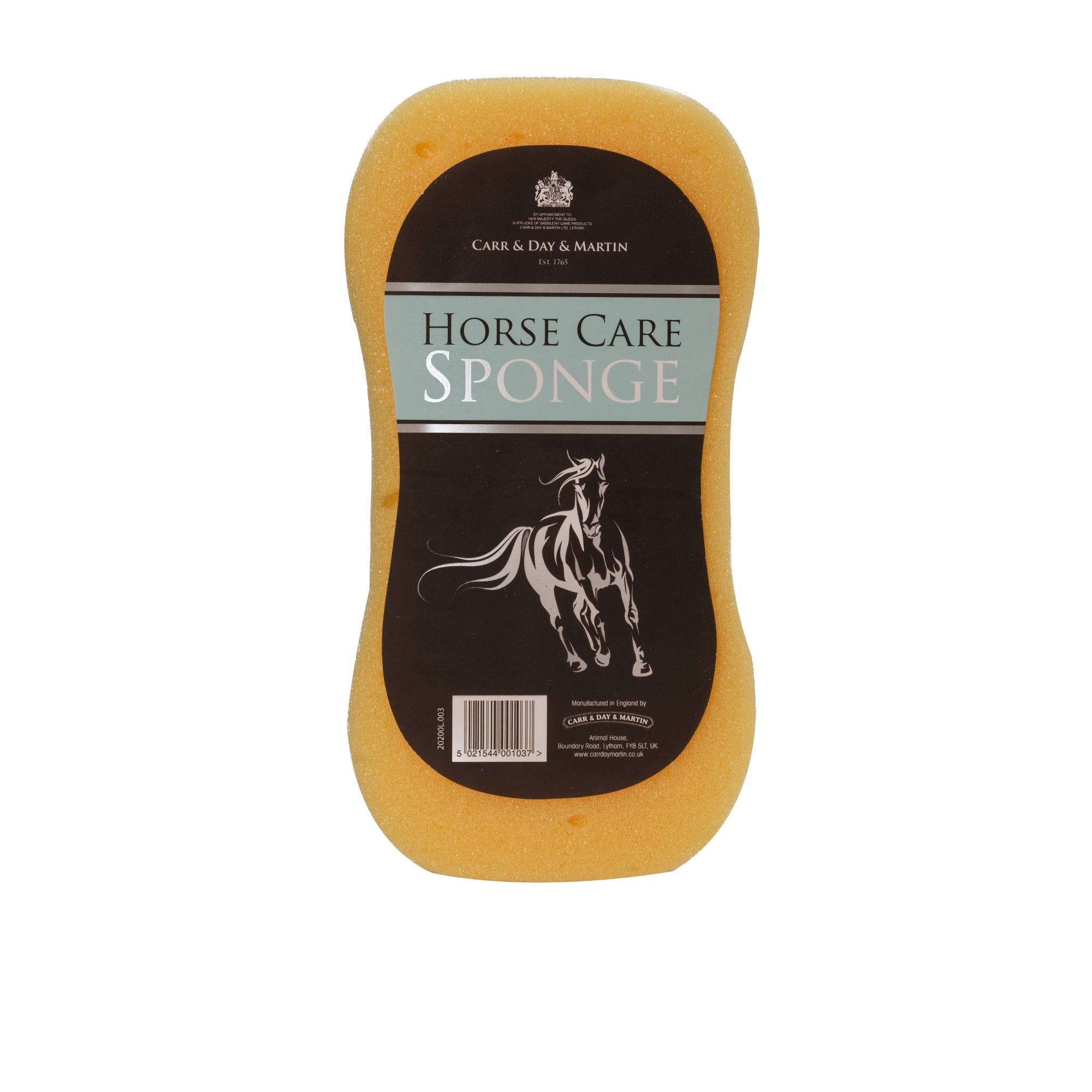Seasonal Horse Care for Outdoor Living

Caring for horses that live outdoors year-round requires special attention to their changing needs throughout the seasons. This article will guide you through essential tips and best practices to ensure your horse remains healthy, comfortable, and happy no matter the weather.
Understanding Seasonal Challenges

Horses living outdoors face different environmental stresses depending on the season. From harsh winter cold to hot summer sun, each season demands specific care strategies.
| Season | Key Challenges | Care Focus Areas |
|---|---|---|
| Spring | Mud, allergies, shedding | Hoof care, parasite control |
| Summer | Heat, insects, dehydration | Hydration, fly protection |
| Autumn | Cooling temperatures, rain | Blanketing, nutrition adjustment |
| Winter | Cold, ice, limited grazing | Shelter, feeding, coat management |
Spring Care Tips
- Hoof Care: Mud can cause thrush and other hoof problems. Regular cleaning and inspection are vital.
- Parasite Control: Increased parasite activity requires a strategic deworming schedule.
- Shedding: Help your horse shed its winter coat with grooming to prevent skin issues.
Summer Care Tips
- Hydration: Provide constant access to fresh water to prevent dehydration.
- Fly Protection: Use fly sprays, masks, and sheets to protect against biting insects.
- Shade: Ensure your horse has access to shaded areas to avoid heat stress.
Autumn Care Tips
- Blanketing: As temperatures drop, introduce blankets gradually to keep your horse warm.
- Nutrition: Adjust feed to compensate for reduced grazing and increased energy needs.
- Vaccinations: Schedule vaccinations before winter to boost immunity.
Winter Care Tips
- Shelter: Provide windbreaks or shelters to protect from cold and wet conditions.
- Feeding: Increase forage to help maintain body heat.
- Coat Management: Monitor coat condition and consider clipping if the horse is exercised regularly.
Frequently Asked Questions (FAQ)
Q1: How often should I check my horse’s water supply?
A: At least twice daily, especially in hot weather, to ensure it is clean and unfrozen in winter.
Q2: Can horses live outside year-round without blankets?
A: Many can, depending on breed and coat thickness, but blankets may be necessary for older or thin-coated horses.
Q3: What are signs of heat stress in horses?
A: Excessive sweating, rapid breathing, lethargy, and loss of appetite are common signs.
Conclusion
Seasonal horse care for outdoor living involves proactive management tailored to the unique challenges of each season. By following these guidelines, you can help your horse thrive outdoors all year long.
This expanded content is designed to be SEO-friendly by incorporating relevant keywords, structured data, and engaging, informative text that appeals to horse owners and enthusiasts.
